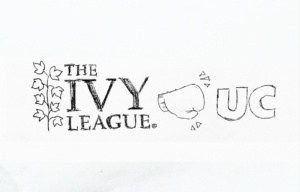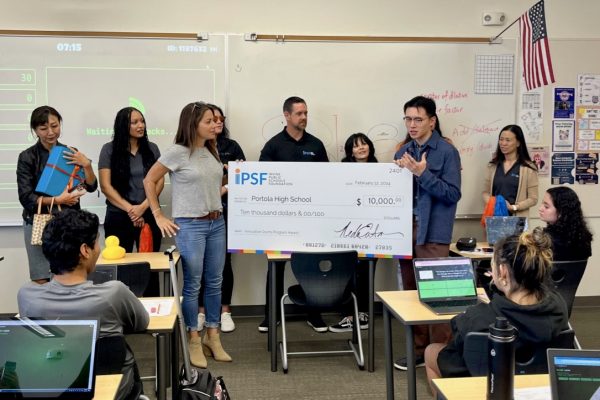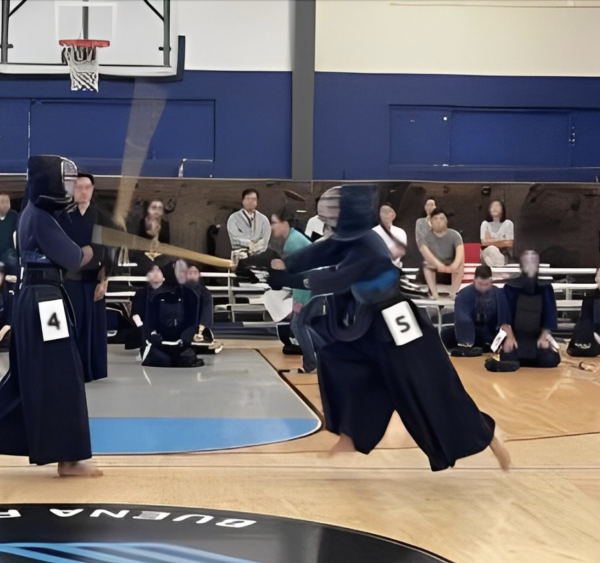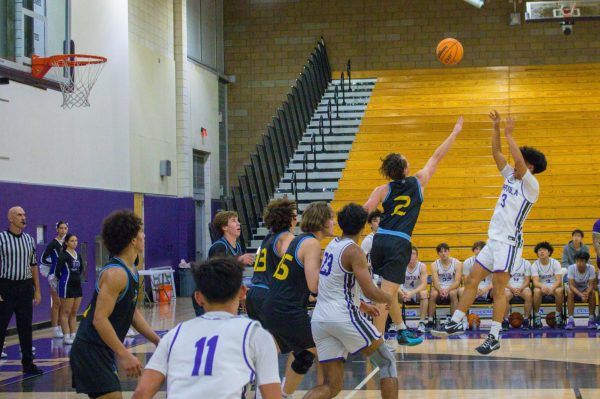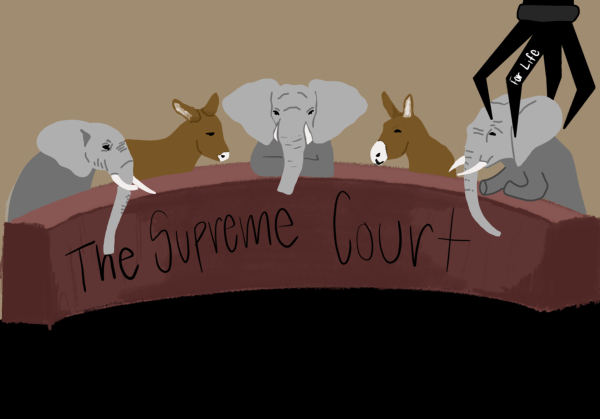Worth it!
October 25, 2018
As students explore education after high school, they will come across eight particular schools that rise above the rest to form the Ivy League, a prestigious circle of schools renowned for their competitive application processes, academic excellence and talented students.
While many people assume students apply for the prestigious title and backing of an elite school, the Ivy League provides much more than just a name. Aside from the standard classes and academic programs, all Ivy Leagues have extensive internship networks and connect students directly to top companies, promising job opportunities immediately after graduation. For example, the University of Pennsylvania invites representatives every year from leading finance companies such as Goldman Sachs, Morgan Stanley and Citigroup to recruit graduating students, according to the Daily Pennsylvania.
Whether these connections are with competitive companies, prominent CEOs or further educational institutes, Ivy League students are set up for long-term success. This success is clearly evident in a 2015 study by the U.S. Department of Education, where the average student income ten years after graduating from the eight Ivy Leagues ranges from $59,700 to $87,000, compared to the national average of $40,500.
Attending an Ivy League also places the brightest students from all over the world together on one campus, creating a center of innovation in all fields of study. Collaborating with other students on research and projects can lead to breakthroughs which can propel one’s career forward. Some notable examples are Mark Zuckerberg, who founded Facebook while at Harvard, and Elon Musk, who studied physics at the University of Pennsylvania before going on to lead companies such as Tesla and SpaceX.
While the Ivy League is infamous for high tuitions, the actual amount paid for most families is nowhere near the full cost, which averages around $70,000 a year for all Ivy League schools. According to the Ivy League net price calculator, the maximum household income for free tuition at seven out of the eight universities is higher than the American average of $59,000, with Brown, Columbia, Harvard and Yale all at $60,000. Families who qualify for free tuition based on their household income only have to pay for room and board, which averages to $4,000 at most Ivy League schools.
In the end, opportunity is what sets the Ivy League apart from other institutions. Students are well supported in their studies, and graduates are most likely to succeed with the large job network these schools oversee. Ivy Leagues are not as expensive as one may think, and the benefits offered make them worth every penny.



